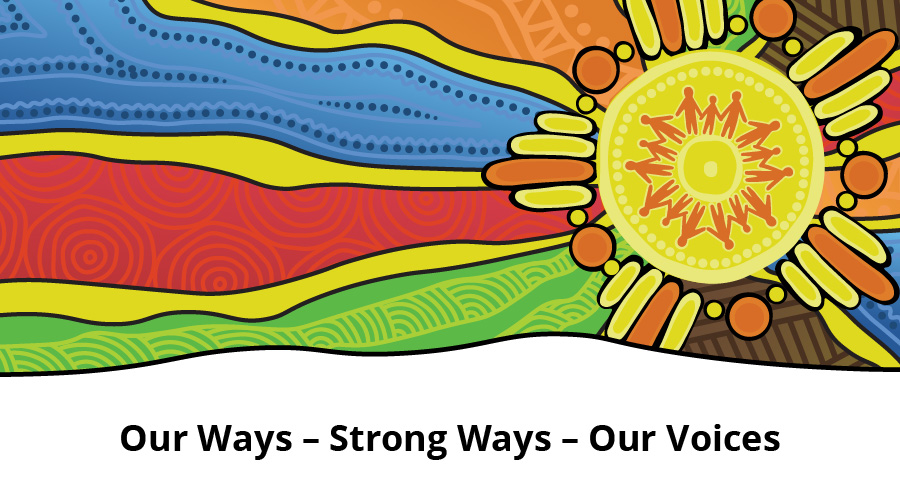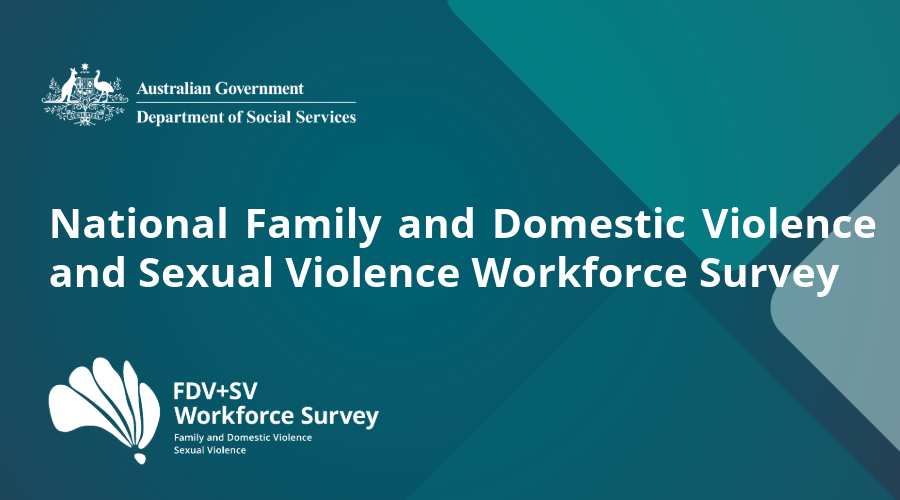National Plan to guide us toward a violence-free future.
Today marks one year since the Australian, state and territory governments released the National Plan to End Violence against Women and Children 2022–2032 (the National Plan) on 17 October 2022.
Violence against women and children is a problem of epidemic proportions in Australia. In 2020-21, one woman was killed every 14 days by a current or former intimate partner in Australia1.
The National Plan outlines our collective commitment to a country free of gender-based violence – where all people live free from fear and violence and are safe at home, at work, at school, in the community and online.
Recently, we released the First Action Plan 2023-2027 and the Aboriginal and Torres Strait Islander Action Plan 2023-2025 to outline how we are implementing the National Plan.
Together, the Action Plans form an integral part of commitments made in the National Plan. The actions will drive change across four key domains – prevention, early intervention, response, and recovery and healing.
The Aboriginal and Torres Strait Islander Action Plan 2023-2025 acknowledges the underlying causes of violence against First Nations peoples are different to that of non-Indigenous Australians.
The Aboriginal and Torres Strait Islander Action Plan is a key mechanism to address Target 13 under the National Agreement on Closing the Gap. This target aims to reduce all forms of violence against First Nations women and children by at least 50 per cent by 2031, as progress towards zero.
Through the Activities Addendum, the First Action Plan outlines the specific actions and activities that will contribute to achieving the objectives of the National Plan over the next five years.
The Outcomes Framework will help track, measure, monitor, and report change over the life of the National Plan, and will help to create opportunities for improved data collection, coordination and consistency.
The experiences of victim-survivors are an essential and guiding focus in the development and implementation of the National Plan and underpinning Action Plans. We also heard from advocates, sector representatives, research experts, business leaders, and the broader community about what the National Plan needs to achieve.
We would like to thank everyone involved. The valuable insights gathered through the consultations helped us to ensure the National Plan appropriately reflects the priorities of the Australian public and build a strong evidence base.
We all play an important role in ending gender-based violence and collectively, we can work towards a safer and more equal Australia.
More information
- Learn more about the National Plan and Action Plans.
- If you or someone you know needs support regarding domestic, family or sexual violence, you can visit 1800respect.org.au(Opens in a new tab/window)/ or call 1800RESPECT (1800 737 732). This service is free, confidential and operates 24 hours a day.
- Feeling worried or no good? No shame, no judgement, safe place to yarn. Speak to a 13YARN Crisis Supporter, call 13 92 76. This service is available 24 hours a day, 7 days a week.
- Bricknell S 2023. Homicide in Australia 2020–21. Statistical Report no. 42. Canberra: Australian Institute of Criminology. Homicide in Australia 2020–21 | Australian Institute of Criminology (aic.gov.au)(Opens in a new tab/window)


